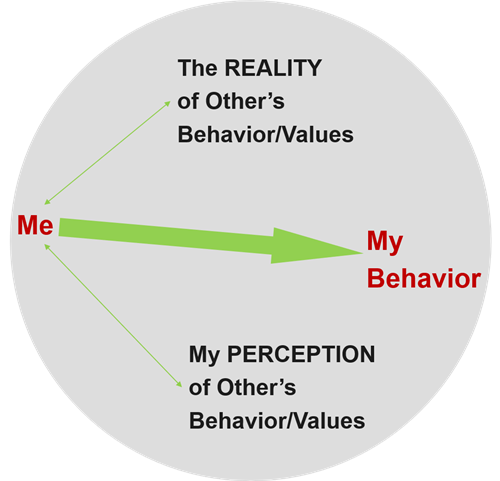- Broward County Public Schools
- Positive Community Norms Marketing
Equity, Diversity and School Climate
Page Navigation
- Overview
- Calendar of Observances
- About Us
- Above the Influence
- Anti-Bullying
- Code of Conduct
- Data & Surveys
- Dating & Domestic Violence
- Diversity
- Events
- Health & Wellness
- Instructional Strategies
- LGBT
- Mentoring Across Broward
- Positive Behavior Intervention & Supports
- Positive Community Norms Marketing
- Prosocial Clubs
- Substance Abuse Prevention
- Substance Use
- Support/Response to Intervention (MTSS/RtI)
- Violence Prevention
- Youth Outer Zone (YOZ)
Positive Community Norms and Social Norms Marketing
-

(Download Adobe Acrobat Reader to view or print PDF)
Social norms marketing is based on the theory that people’s behavior is influenced by their perceptions of how they think others are “normally” or “typically” behaving. The social norms approach is defined by H. Wesley Perkins, PhD (2003) as a proactive prevention program that communicates "the truth about peer norms in terms of what the majority of students actually think and do, all on the basis of credible data drawn from the student population”. Research shows that people’s behavior follows what they think the majority of others are doing. Marketing positive social norms informs students that the majority of their peers behave in health ways and do NOT smoke, drink alcohol, drink and drive. This marketing of accurate healthy norms increases the healthy behaviors.
Positive Community Norms (PCN) is the natural next step to social norms; it’s an approach to improving health and safety in our communities. PCN is an evidence-based approach that promotes protective factors, increases healthy norms, and changes community cultures on issues including substance use, traffic safety, child maltreatment, youth suicide, and more.
BCPS uses PCN to design and implement powerful communications campaigns targeting our entire population to shift perceptions, attitudes, and in turn, increase healthy positive behaviors. Our campaigns increase accurate information amongst students, parents, and teachers using posters, flyers, and public service announcements. The campaigns share data and highlight solutions, magnifying wellness by focusing on the majority who do the ‘right’ thing and how they chose to do so. Our pro-social clubs also use PCN to share peer data in many areas of prevention such as smoking tobacco, vaping, alcohol (see Project Brain webpage ), driving and texting, sexual activity, drug use, violence, and bullying. Examples of BCPS Customer Survey data a PCN campaign might share could be:
- Did you know although only 20% of students believe 80% of students don’t drink, in reality 94% of students didn’t drink alcohol last 30 days?
- 8 out of 10 students believe drinking alcohol is bad for your brain, and most know their brain isn’t fully developed until 25 years of age.
- 96% of students haven’t used an electronic vapor product during the past 30 days
Content Accordion - Custom Version
-
More Information & Resources
For more information on PCN or social norms, view the documents below or go to the below websites:
- An Introduction to Positive Community Norms
- Reducing Alcohol Use through Positive Community Norms
- Promoting Positive Community Norms CDC
- Positive Community Norms Fact Sheet
- Defining Community Norms
- The Montana Institute helps communities and organizations apply the Positive Community Norms approach to prevention, manage change and foster transformation, and grow healthy norms and positive protective factors.
- The Social Norms Approach to Preventing School and College Age Substance Abuse: A Handbook for Educators, Counselors, and Clinicians by Wesley Perkins (Jossey-Bass 2003)
- Montana State University, The Positive Culture Framework.

